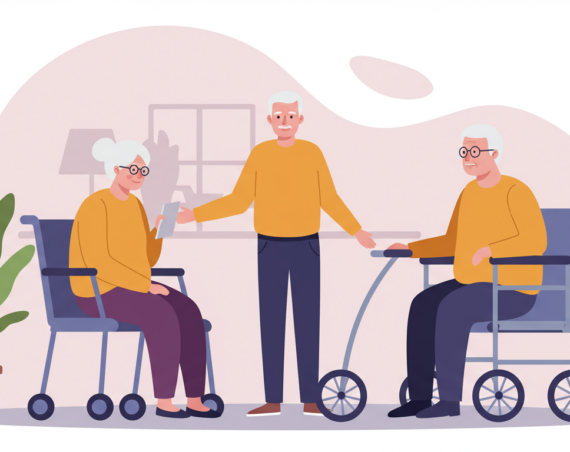
If you are relatively new to the workforce, here is an article that will help you get off on the correct foot financially. This advice comes from the office of a busy Philadelphia bankruptcy attorney. Make the right choices now and you will be comfortable and prepared in the years to come.
Tip #1: Start an Emergency Savings Account
Conventional wisdom is to put aside six months’ worth of living expenses for an emergency. Very few adults have that much saved and find themselves relying on credit cards to fund emergency expenditures. This quickly leads to insurmountable debt.
The first order of business is to save at least six months’ worth of expenses. This will help you not only if you lose your job unexpectedly, but if a substantial surprise expense arises such as an expensive car repair.
Let’s use that car repair as an example. You’ve taken this advice and have been saving $250 from each paycheck for emergencies for the last seven months. You currently have $3,517.39 (at 2% interest) in your emergency savings account and you are feeling pretty proud of that – as you should!!
Your car breaks down and the mechanic tells you it will be $2200 to repair. You shrug your shoulders, transfer that amount to your checking account, and give the mechanic the go-ahead. You walk away from this with a repaired car and $817.39 still in savings. You go back to saving $250 from each paycheck and begin to build up your emergency fund again, while the balance accrues interest for you.
Now let’s say you ignored this advice and have no emergency savings. Your car breaks down and will cost that same $2200 to repair, but since you don’t have the ready cash, you will have to put that $2200 on a credit card. You walk away from this with a repaired car but $2200 in debt.
How does credit card debt work? If you let a balance remain at the end of the month, you will be charged interest on the balance in an amount anywhere from 12% to 24% or more! Just in that first month, if you have a card with 18% interest, you will pay $33 on that debt. But it will take more than one month to pay this off. If you put that same $250 a pay period, or $500 per month, toward the credit card debt, it will take you five months to pay it off and you will have paid $93 in interest.
What a waste of your hard-earned money! And, what happens if another emergency expense arises in those five months? You have no savings, so yep, you are going to have to resort to using your credit card, again. And so on, and so on…
Using your own savings for emergencies is much more economical than using the credit card lender’s money. Start saving now.
Tip #2: Contribute to an IRA
If your employer offers an IRA, contribute to it, especially if the employer matches contributions up to a certain amount. If you do not, you are leaving money on the table.
Even if your employer does not match, you should contribute your pre-tax dollars to an IRA. This helps you save for retirement and lowers your current income tax bracket, so you get to keep more of your money now.
Tip #3: Make and Stick to a Household Budget
Your budget should include emergency savings and your IRA contribution. Make a list of all of your other monthly expenditures and add them all up. Don’t forget occasional expenses like holiday gifts and travel. This number should be less than what you are earning. If it is not, you will need to find somewhere to cut back.
Tip #4: Avoid Credit Card Debt
If you don’t budget, spend less than you earn, and don’t save for emergencies, you are going to rely on credit cards – to your financial detriment in the long term.
This is not to say, don’t use credit cards. Using a credit card responsibly is a great way to establish good credit and get rewards such as points, cash-back, or airline miles.
One technique to build credit, get rewards, and avoid being charged interest is to use your credit card for things you can and would otherwise pay cash for, such as groceries or gas. Then pay off your credit card every month in full.
Tip #5: Budget for Fun
When you craft your budget, be sure to leave some money free for fun, whatever you consider that to be. Nothing feels worse than working hard, getting paid, and having to allocate every cent to necessities or to credit card debt. Make something pleasurable part of your budget and you won’t resent your other expenditures.
Good luck!




